Jot Down Ciencia 2024 - Conference Saturday
Ciencia Jot Down
- When
-
2024/05/04
18:00 - Place
- Tabakalera, Kutxa Fundazioa Plaza, 4th floor, Donostia/San Sebastián
- Organizers
- DIPC, Jot Down
- Add to calendar
-
iCal
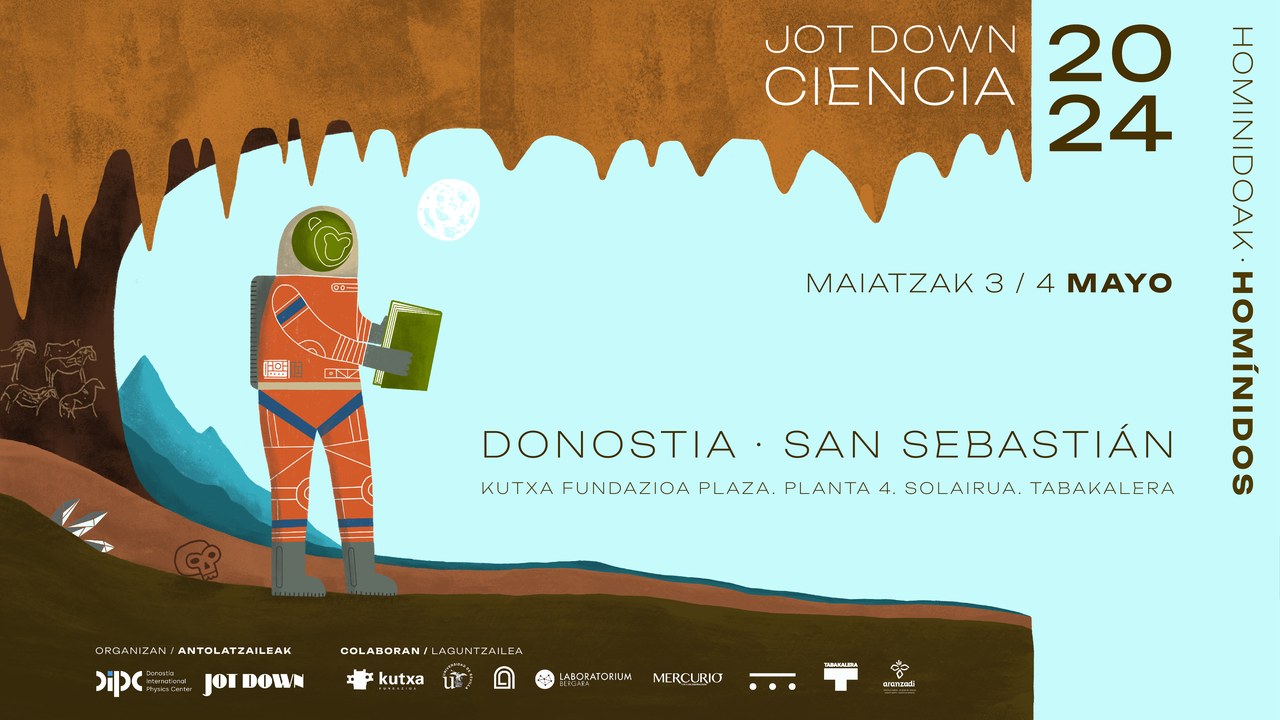
Jot Down Ciencia 2024 - Hominids
Open Lectures. Free entrance until full capacity is reached.
Language of the lectures: Spanish.
Presenters: Valentina Rodriguez (DIPC) and Itxaso Azcune (DIPC).
Program
18:00h Crystalline seduction - Juan Manuel García Ruiz (DIPC, Ikerbasque, CSIC)
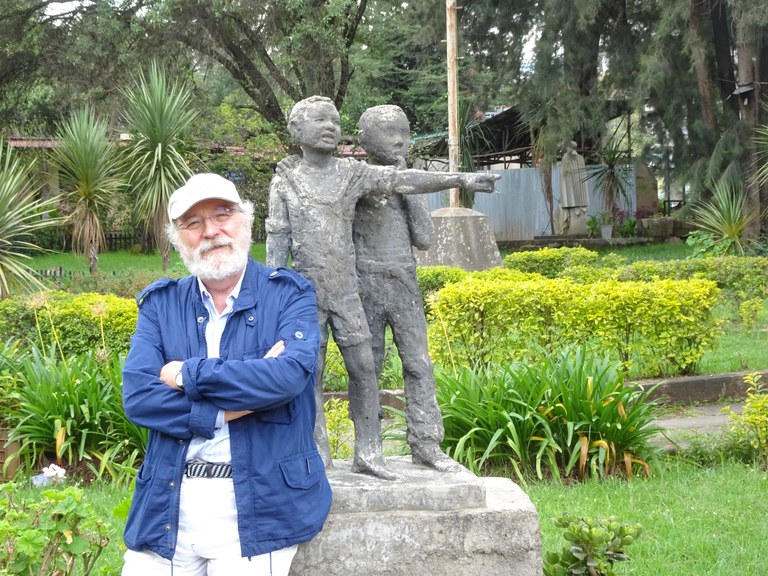
There is incontrovertible evidence that at least 800 millennia ago, the brain of Homo erectus was already capable of identifying and appreciating crystals. The questions are inevitable: Why did our ancestors feel attracted to crystals? Since when did they do so? What properties seduced them? Could this fact have had any importance in the course of our history?
18:30h For whom the bell tolls. Violence and human evolution - María Martinón-Torres (CENIEH)
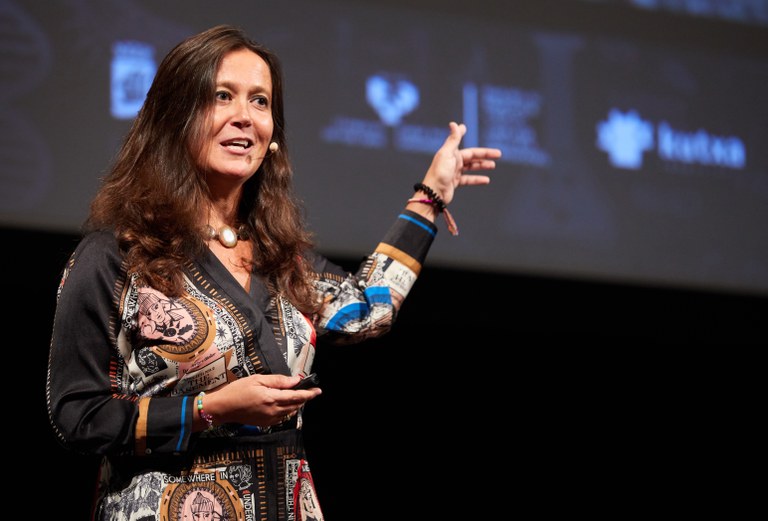
The human being is an ultra-social animal whose adaptive success has been based on the deployment of empathy and care for others. However, our evolutionary history is plagued by violent episodes that, in particular, flood the news. How do we fit aggressiveness into our evolutionary story? Why has natural selection not eliminated violence from our behaviour? Is it this destructive impulse that characterises us? In this conference we will analyse for whom and why the bells are tolling since the Pleistocene.
19:00h Presentation of the book "Primates al este del edén" (Primates to the East of Eden) with the author Juan Ignacio Pérez Iglesias (UPV/EHU, DIPC). Interviewer: María Martinón-Torres (CENIEH).
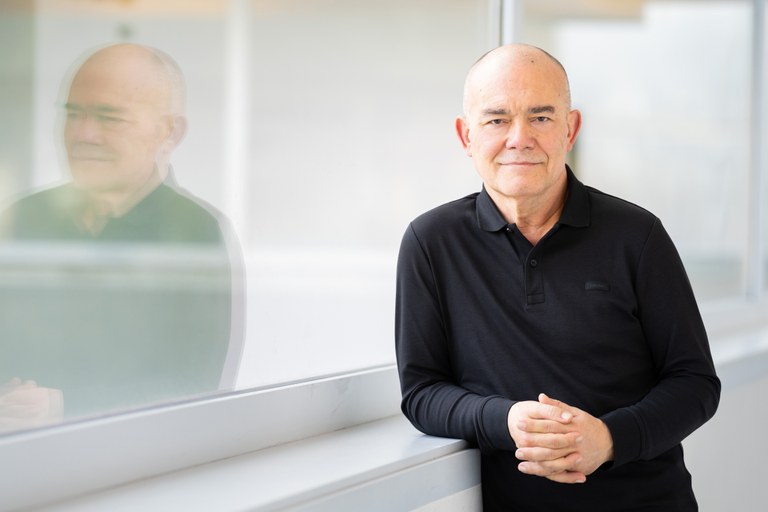
Six or seven million years ago, the separation of the human lineage from chimpanzees and bonobos coincided with the transition from jungles to savannahs in Africa. This landscape transformation marked the change in the diet of our ancestors from scarce fruits to a diet with a higher proportion of meat, tubers and seeds. The meat-rich diet led to metabolic acceleration, accumulation of body fats and a growing brain. These changes promoted a slower and more collaborative life strategy, driving the evolutionary success of the human species.
19:45h A glance at evolution - Conchi Lillo (University of Salamanca, Institute of Neuroscience of Castilla and León, INCYL)
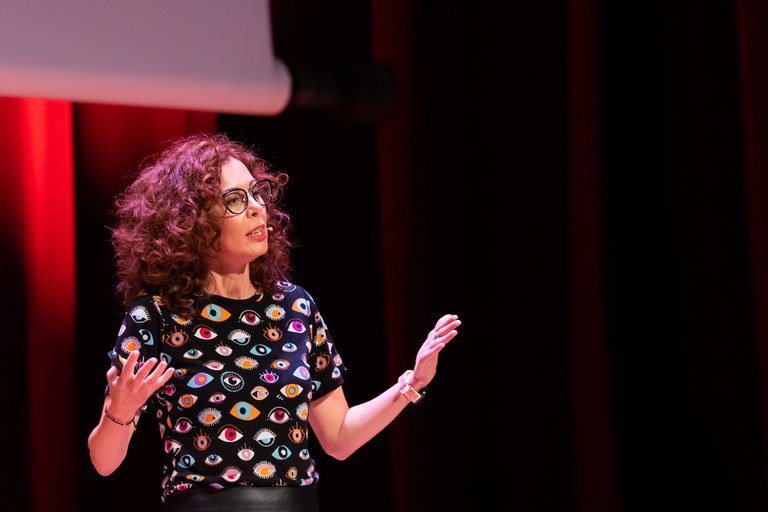
20:15h Presentation of the book "Nación Neanderthal" (Neanderthal Nation) with the author Juan José Gómez Cadenas (DIPC, Ikerbasque). Interviewer: Ángel L. Fernández (Jot Down).
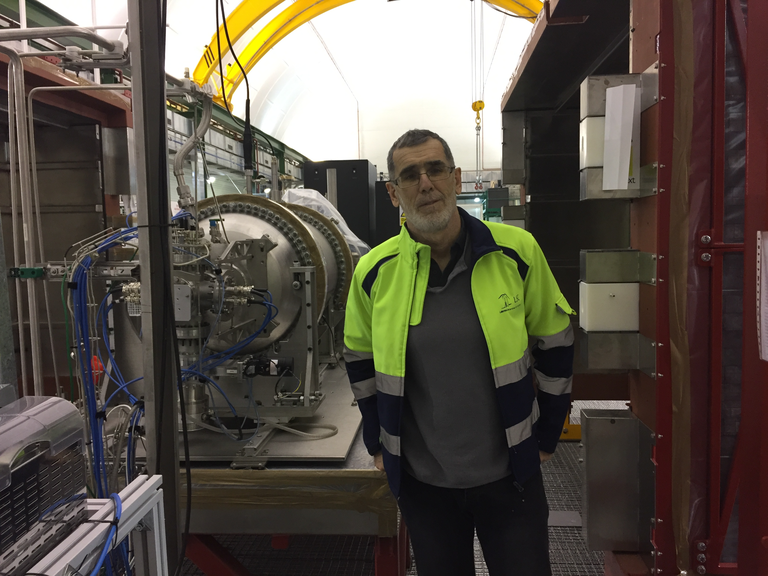
Juan José Gómez Cadenas is a physicist, an Ikerbasque professor at the DIPC, and a writer who has just published his latest novel, "Nación Neanderthal." The novel simultaneously explores our remote past from forty thousand years ago and an imminent future where artificial intelligence is integrated into our lives and science and technology offer humanity possibilities as extraordinary as they are terrifying. The connection between these two timelines converges in a thrilling plot with unsuspected consequences.
About the speaker
Juan Manuel García Ruiz is Ikerbasque Professor at Donostia International Physics Center and ad honorem Research Professor at CSIC. He studies crystallisation phenomena in very diverse fields, from the formation of giant crystals to self-organisation phenomena in biological and geological structures, with implications in the origin of life, the detection of primitive life, and the fabrication of new materials. He leads the European ERC-Synergy project "Protos". He is a cultural agitator committed to the promotion of a citizen culture based on science and an explorer of the frontier between science and art.
María Martinón-Torres holds a European PhD in Medicine and Surgery from the University of Santiago de Compostela, specialized in Human Evolution from the University of Bristol and in Forensic Anthropology from the Complutense University of Madrid. She is currently Director of the National Center for Research on Human Evolution (CENIEH) in Burgos, Honorary Professor in the Department of Anthropology at University College London and corresponding academic of the Royal Academy of Medicine and Surgery of Galicia. She is co-principal investigator of the World Heritage Sites of the Sierra de Atapuerca. In 2022 she published "Homo imperfectus. ¿Por qué seguimos enfermando a pesar de la evolución?"
Juan Ignacio Pérez Iglesias is Professor of Physiology at the UPV/EHU. He is currently director of the Chair of Scientific Culture at his university, associated with DIPC, and member and current president of Jakiunde. He is also member and current president of the Advisory Committee of the Spanish edition of The Conversation and member of the scientific committee of Mètode. He popularised science in various media and supports, and is author or co-author of 'Animalien aferak', 'Animales ejemplares' and 'Los males de la ciencia', among other books. He received the Eusko Ikaskuntza-Laboral Kutxa Award for Humanities, Culture, Arts and Social Sciences (2019).
Conchi Lillo is a biologist and PhD in Neurosciences and professor at the Faculty of Biology of the University of Salamanca. She researches in the area of neurobiology of vision at the Instituto de Neurociencias de Castilla y León (INCYL). She is the author of the popular science book "¡Abre los Ojos!", edited by Next Door Publishers and has participated in another collective "GENES, escribiendo el guión de la vida", edited by Guadalmazán. He also collaborates regularly with several science outreach platforms in our country, such as Naukas or The Conversation. In radio, he has collaborated with programs of RNE and Cadena Ser and for three years, she hosted a biweekly science segment in "Hoy por Hoy" in Ser Salamanca.
Juan José Gómez Cadenas is a physicist and writer. Ikerbasque professor at DIPC, he directs the NEXT experiment at the Canfranc Underground Laboratory. He has written five novels and two popular science essays. He directs the scientific section of the online magazine Jot Down.
